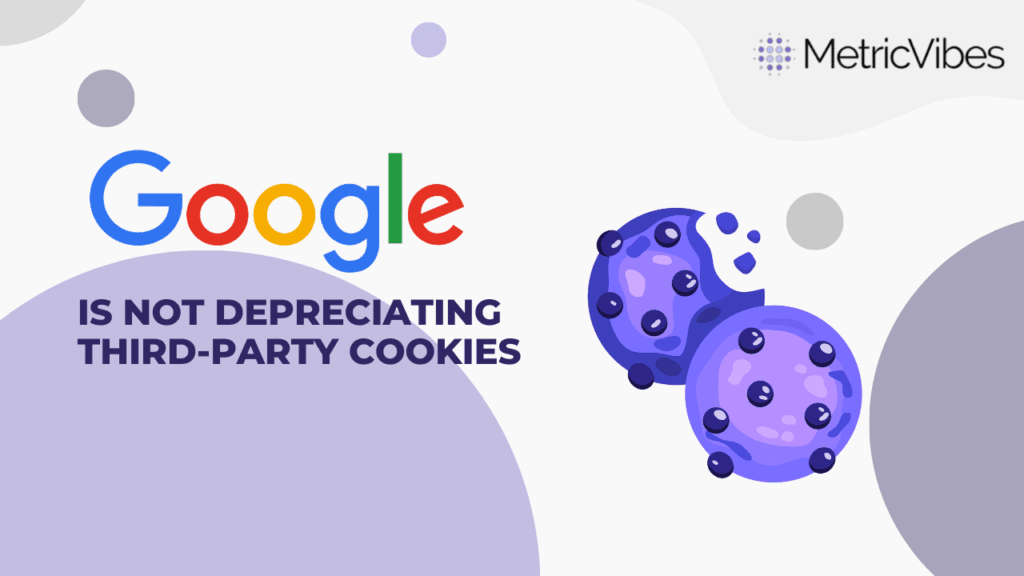Google is not depreciating third-party cookies
In today’s digital age, the balance between maintaining user privacy and supporting an ad-funded internet ecosystem has never been more critical. Recently an announced that Google is not depreciating third-party cookies, after all the back and forth over the last few years. Google’s Privacy Sandbox initiative is a pioneering effort designed to address these challenges head-on. The goal is to create innovative solutions that enhance online privacy while ensuring the continued vibrancy of the Internet as a platform for content and commerce.

The Vision Behind Privacy Sandbox
Google’s Privacy Sandbox is built on the premise of improving online privacy in meaningful ways. The initiative seeks to eliminate invasive tracking methods and replace third-party cookies with more privacy-focused solutions. This vision supports a healthy ecosystem where publishers can thrive, businesses can effectively connect with customers, and users enjoy free access to diverse online content.
Engaging with Stakeholders
Throughout the development of the Privacy Sandbox, Google has engaged with a broad spectrum of stakeholders. This includes regulators such as the UK’s Competition and Markets Authority (CMA) and Information Commissioner’s Office (ICO), publishers, web developers, standards groups, civil society, and participants from the advertising industry. This collaborative approach has been crucial in shaping solutions that support a competitive marketplace and promote the adoption of privacy-enhancing technologies.
Promising Early Results
Initial testing by ad tech companies, including Google, has shown promising results for the Privacy Sandbox APIs. These tests suggest that these new technologies have the potential to meet the needs of the industry while significantly enhancing user privacy. As adoption increases, Google expects the overall performance of these APIs to improve, further solidifying their role in the future of online advertising.
Evolving the Approach: User Choice
In response to feedback and the inherent complexities of the transition, Google has proposed an updated approach that emphasizes user choice. Instead of completely deprecating third-party cookies, Google plans to introduce a new experience in Chrome that allows users to make informed decisions about their privacy settings. Users will have the flexibility to adjust these settings at any time, providing a more personalized and controlled browsing experience. This approach is currently under discussion with regulators, and Google is engaging with the industry to ensure a smooth rollout.
Continuing Development and Future Plans
As part of its ongoing commitment to privacy, Google will continue to invest in the Privacy Sandbox APIs and other privacy-preserving technologies. This includes the planned introduction of IP Protection in Chrome’s Incognito mode, offering additional layers of privacy for users. By providing these tools, Google aims to empower developers and the broader ecosystem to create more secure and private online experiences.
Addressing Industry Concerns
As the decision comes after extensive feedback and the realization that more time is needed to develop and test these new privacy-preserving technologies. This extension gives the industry additional time to adapt and explore alternative tracking and advertising methods that align with privacy standards.
Conclusion
The Privacy Sandbox represents a significant step forward in the pursuit of a more private and secure internet. By balancing the needs of users, publishers, and advertisers, Google is leading the charge toward a future where online privacy is a top priority. As the industry adapts to these changes, continued collaboration and innovation will be essential to achieving a thriving digital ecosystem that respects user privacy and supports free access to content.
We can help you in Data Analysis for your Website and application. Contact Us

